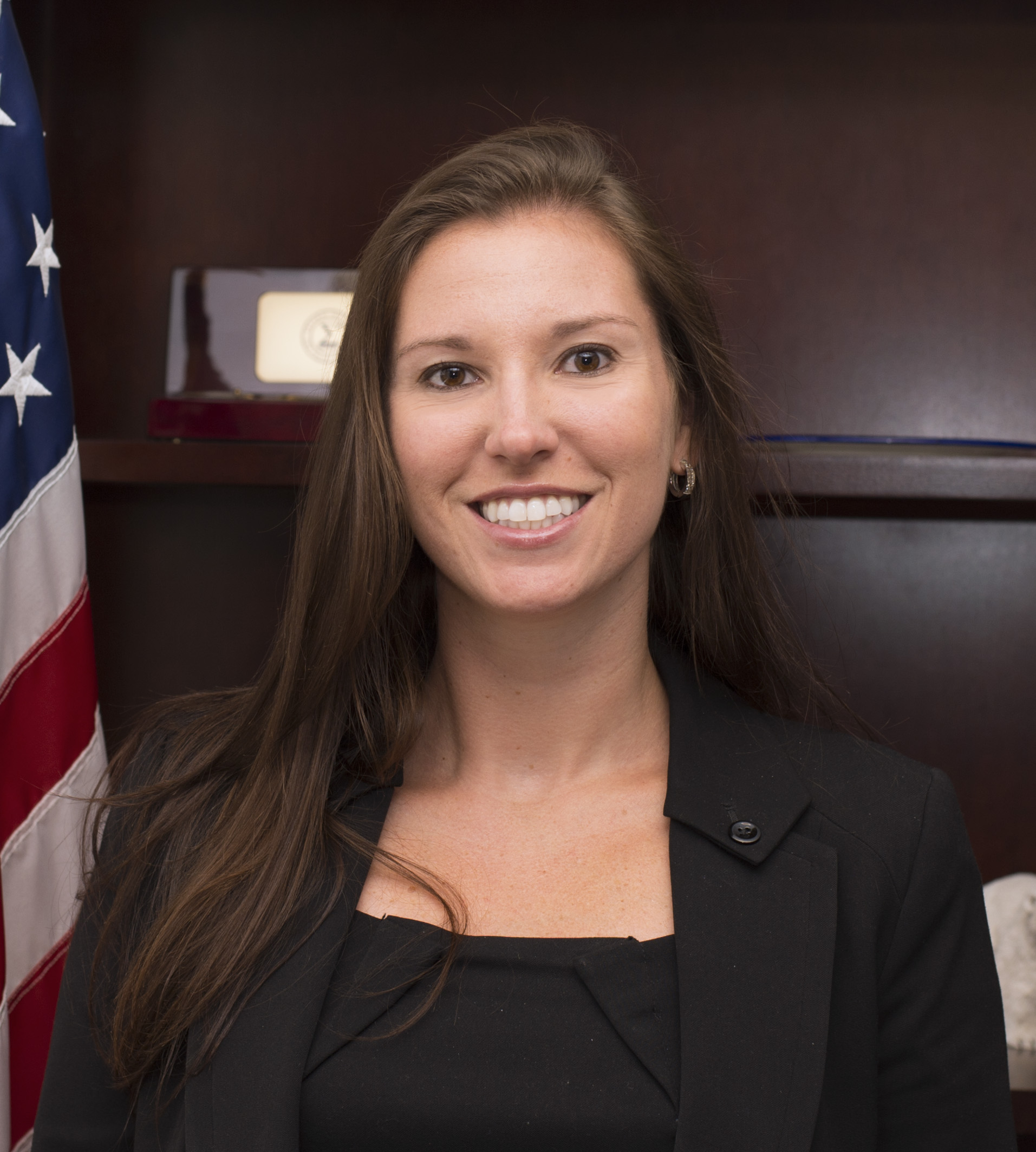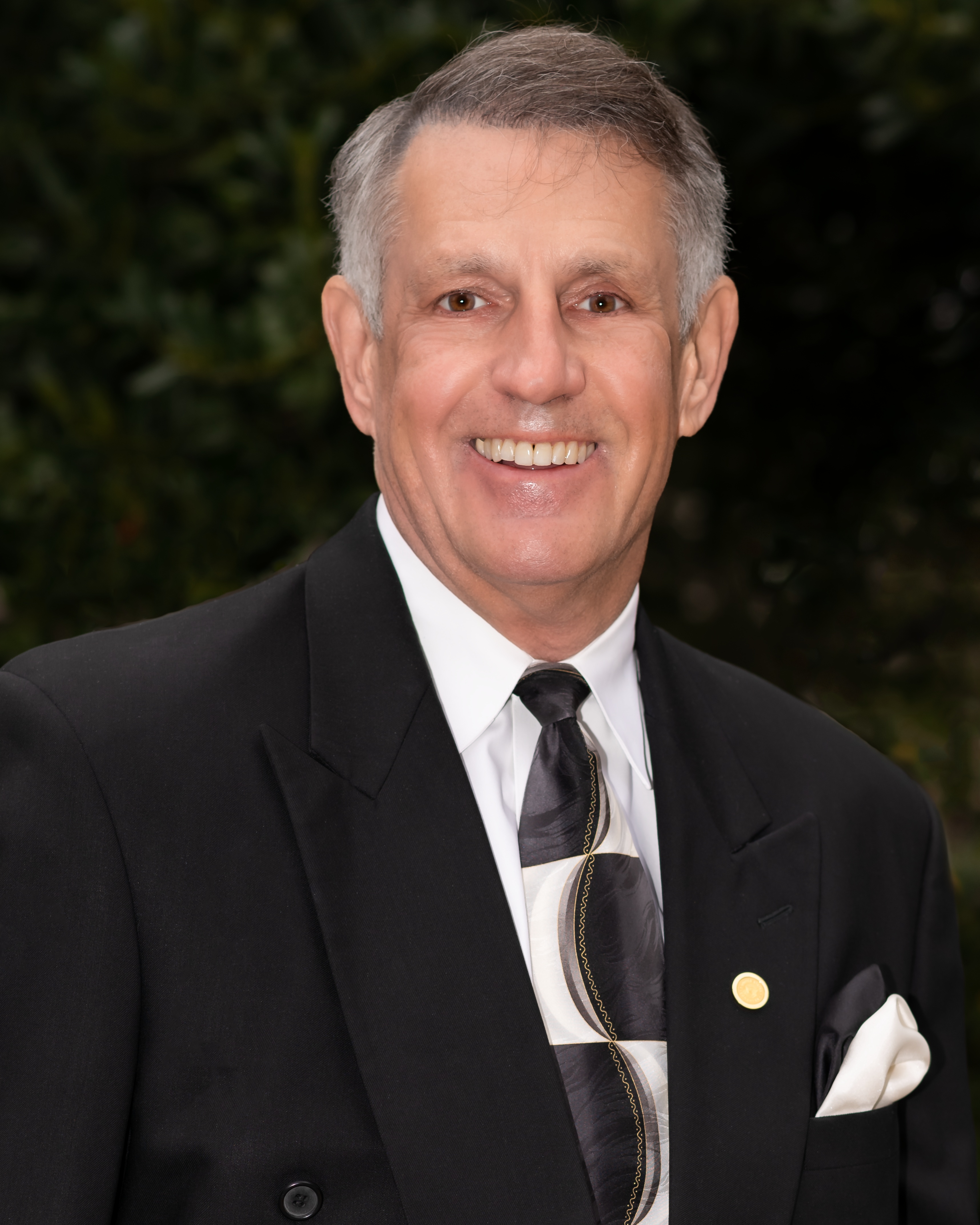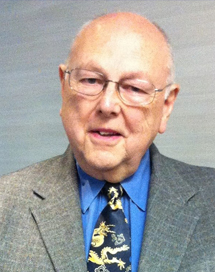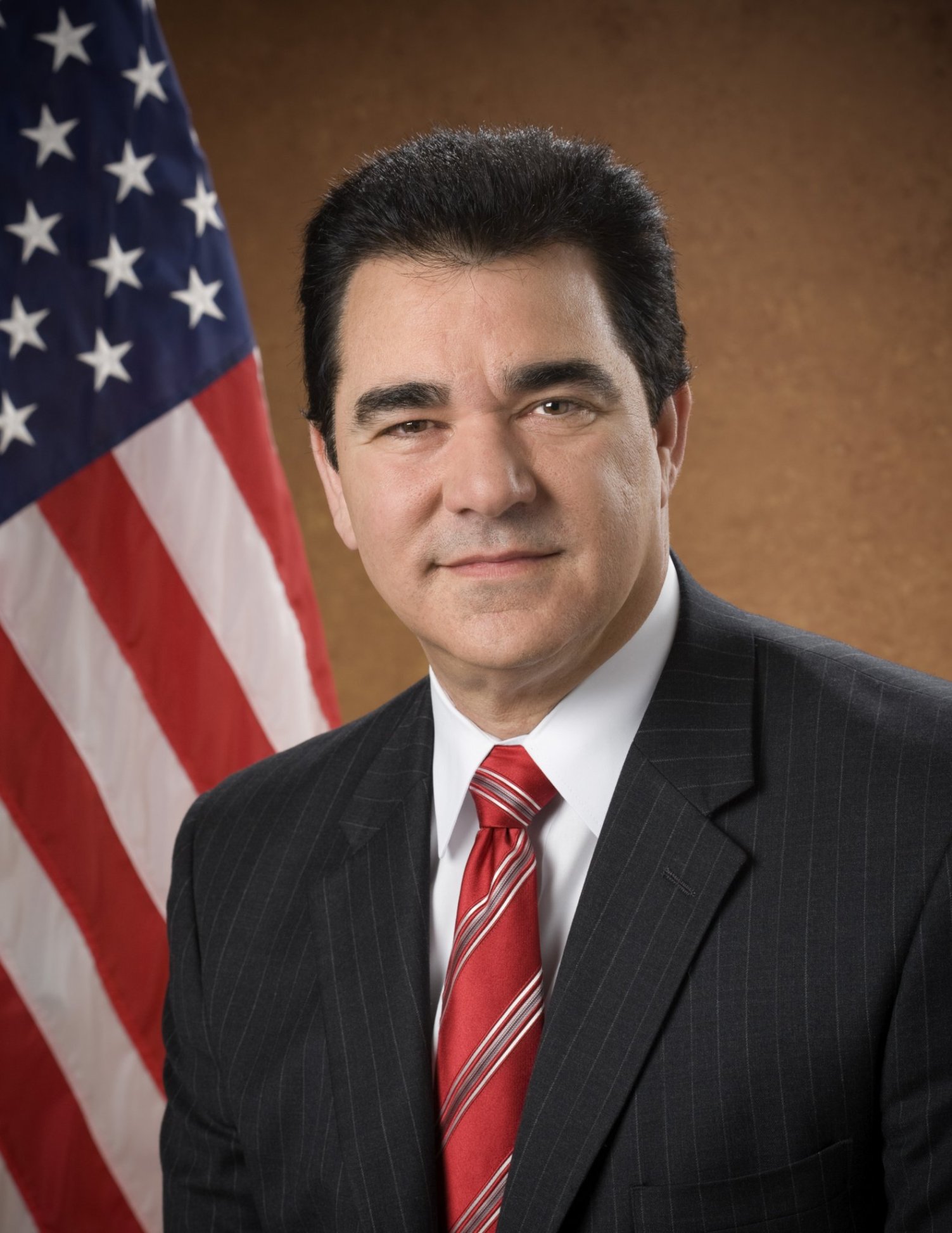Board of Directors
Dr. Jennifer Buss, CEO
 Dr. Jennifer Buss serves as the CEO of the Potomac Institute for Policy Studies. We develop meaningful science and technology policy options through discussions and forums and ensure their implementation at the intersection of business and government. She has extensive experience examining policy issues in support of NASA, and has been involved in their strategic planning processes for astronaut medical care and cancer diagnostics and therapeutics. She manages a variety of OSD programs including an outreach effort for the Department of Defense to the start-up community across the country to find innovative technologies to meet the challenges faced by the Services and Government agencies. Dr. Buss performs science and technology trends analysis and recommends policy solutions to some of the country’s most pervasive problems. She has also directed and assisted research on numerous government contracts, including systematic reviews and gap analyses. Dr. Buss is an authority in her scientific field with national recognition in her area of expertise. She is responsible for major projects requiring integration/coordination across multiple scientific disciplines.
Dr. Jennifer Buss serves as the CEO of the Potomac Institute for Policy Studies. We develop meaningful science and technology policy options through discussions and forums and ensure their implementation at the intersection of business and government. She has extensive experience examining policy issues in support of NASA, and has been involved in their strategic planning processes for astronaut medical care and cancer diagnostics and therapeutics. She manages a variety of OSD programs including an outreach effort for the Department of Defense to the start-up community across the country to find innovative technologies to meet the challenges faced by the Services and Government agencies. Dr. Buss performs science and technology trends analysis and recommends policy solutions to some of the country’s most pervasive problems. She has also directed and assisted research on numerous government contracts, including systematic reviews and gap analyses. Dr. Buss is an authority in her scientific field with national recognition in her area of expertise. She is responsible for major projects requiring integration/coordination across multiple scientific disciplines.Mr. Gary L. Sojka, Secretary/Treasurer and Member of the Board
 Gary Sojka is a partner of The Potomac Advocates, a Washington, D.C. consulting firm. He concentrates on a wide array of issues related to technology and government policy. Prior to this move into the consulting world, Mr. Sojka served as a professional staff member of the U.S. Senate for eight years, including positions on the Senate Select Committee on Intelligence and the Senate Armed Services Committee. From 1992 to 1994 he held the position of Deputy to the Minority Staff Director on the Intelligence Committee. Mr. Sojka also has vast experience with strategic defense and intelligence, having acted as a defense analyst for both the Defense Intelligence Agency and the Office of Naval Intelligence.
Gary Sojka is a partner of The Potomac Advocates, a Washington, D.C. consulting firm. He concentrates on a wide array of issues related to technology and government policy. Prior to this move into the consulting world, Mr. Sojka served as a professional staff member of the U.S. Senate for eight years, including positions on the Senate Select Committee on Intelligence and the Senate Armed Services Committee. From 1992 to 1994 he held the position of Deputy to the Minority Staff Director on the Intelligence Committee. Mr. Sojka also has vast experience with strategic defense and intelligence, having acted as a defense analyst for both the Defense Intelligence Agency and the Office of Naval Intelligence.
Mr. Howard K. Schue, Board of Regents and Member of the Board
 Howard Schue is a Partner and Executive Vice President of Technology Strategies and Alliances Corporation specializing in line and marketing management, new business development, and strategic planning in the aerospace/defense and the command, control, communications and intelligence (C3I) industries. Mr. Schue served on the 1993 Defense Science Board Summer Study on Global Surveillance and on the 1994 Summer Study on Information Architecture for the Battlefield. He is a member of the American Institute of Aeronautics and Astronautics, The Armed Forces Communications and Electronics Association, the National Military Intelligence Association, the American Society of Military Comptrollers, the Air Force Association, the Association of Old Crows, the Reserve Officers Association, the Air War College Alumni Association, the Planetary Society, the West Point Association of Graduates, and the Army Athletic Association.
Howard Schue is a Partner and Executive Vice President of Technology Strategies and Alliances Corporation specializing in line and marketing management, new business development, and strategic planning in the aerospace/defense and the command, control, communications and intelligence (C3I) industries. Mr. Schue served on the 1993 Defense Science Board Summer Study on Global Surveillance and on the 1994 Summer Study on Information Architecture for the Battlefield. He is a member of the American Institute of Aeronautics and Astronautics, The Armed Forces Communications and Electronics Association, the National Military Intelligence Association, the American Society of Military Comptrollers, the Air Force Association, the Association of Old Crows, the Reserve Officers Association, the Air War College Alumni Association, the Planetary Society, the West Point Association of Graduates, and the Army Athletic Association.
Dr. Lyle A. Cox, Member of the Board
Lyle Ashton Cox, Jr. is Chief Scientist of Information Manufacturing Corporation. He has over thirty years of experience in high performance information systems in a wide variety of application environments. He has held a number of senior positions in information technology enterprises, including: MASINT Chair Research Professor, Naval Postgraduate School; Chief Architect, United States Measurement and Signature Intelligence System, Defense Intelligence Agency; Vice President, Corporate Development, Analytic Services Incorporated; Vice President and Chief Technical Officer, Science Applications International Corporation's Technology Applications Sector; Deputy Group Manager of Digital Equipment Corporation's Government Systems Group; Assistant Director, White House Office of Planning and Evaluation; and Director of the National Security Council Crisis Management System. Dr. Cox served in the United States Navy, rising to the rank of Captain. He also served as consultant to several state and local law enforcement agencies, lecturer (with rank of full professor) at George Washington University, and member of NASA's Advisory Committee on the International Space Station. He currently serves on the Board of Advisors of Potomac State College. Dr. Cox earned a Ph.D. in Computing Science at the University of California, and has also earned degrees in engineering, law, and astronomy. Dr. Cox is an active member of the Chickasaw Nation.
The Honorable John J. Young, Member of the Board
 John J. Young, Jr.,Member, Board of Directors, Board of Regents, and Senior Fellow.
John J. Young, Jr.,Member, Board of Directors, Board of Regents, and Senior Fellow.
The Honorable John Young is a former Under Secretary of Defense for Acquisition, Technology and Logistics. Mr. Young’s distinguished career includes past positions as Director, Defense Research and Engineering (DDR&E); and Assistant Secretary of the Navy for Research, Development, and Acquisition (ASN(RDA)). Prior to these Senate-confirmed positions, Mr. Young served ten years as a professional staff member of the Senate Defense Appropriations Committee, Subcommittee on Defense.
Ted Glum, Member of the Board
 Ted J. Glum is the former Director of the US Defense Microelectronics Activity (DMEA), serving in that capacity from its inception in 1996 to his retirement in 2018. As the Director, Mr. Glum reported to the Assistant Secretary of Defense for Research and Engineering, (ASD (R&E)), and was responsible for over $2 Billion of microelectronics technology programs in addition to numerous classified programs for the Department of Defense (DoD) and Intelligence Community.
Ted J. Glum is the former Director of the US Defense Microelectronics Activity (DMEA), serving in that capacity from its inception in 1996 to his retirement in 2018. As the Director, Mr. Glum reported to the Assistant Secretary of Defense for Research and Engineering, (ASD (R&E)), and was responsible for over $2 Billion of microelectronics technology programs in addition to numerous classified programs for the Department of Defense (DoD) and Intelligence Community.
DMEA provides a vital service to acquisition programs and operational fielded systems including field modification, upgrade, transition and support; and advancing microelectronics research, development, technologies, and applications to achieve the Department’s tactical, strategic and national security objectives. DMEA capabilities include a one-of-a-kind flexible foundry which enables DMEA to provide critical parts for intelligence, special operations, and combat missions as well as providing parts that are unobtainable in the commercial market. As such it serves the DoD, other US Agencies, industry and Allied nations and has been designated as a Critical National Resource by the US Government.
Prior to assuming the duties of the Director for DMEA, he served as the Chief of the Science and Engineering Division within the US Air Force Material Command (1994-1996). In this capacity, he was responsible for the Air Force’s Advanced Microelectronics Program, Advanced Composites Program, Electro-optics Program, and the Physical Science Special Testing Program.
Among his accomplishments and awards are the Federal Laboratory Director of the Year, Exemplary Civilian Service Medal, the Air Force Science and Technology Award, and the Air Force Engineer of the Year award.
He is a graduate of California State University where he received a Bachelor of Science degree in Electrical and Electronics engineering. He has participated in a variety of educational programs including the Executive Development Program on Science, Technology and Public Policy.
